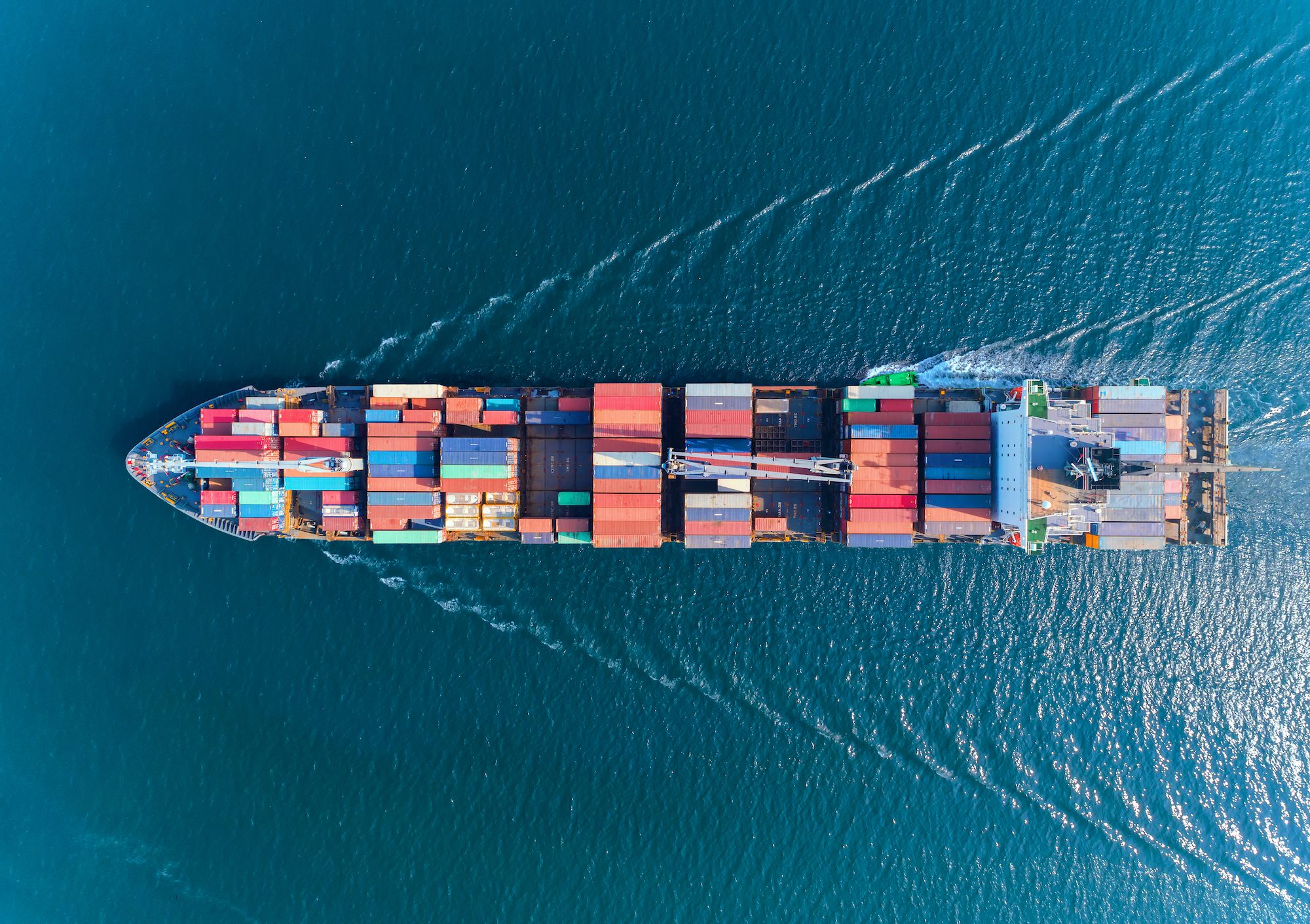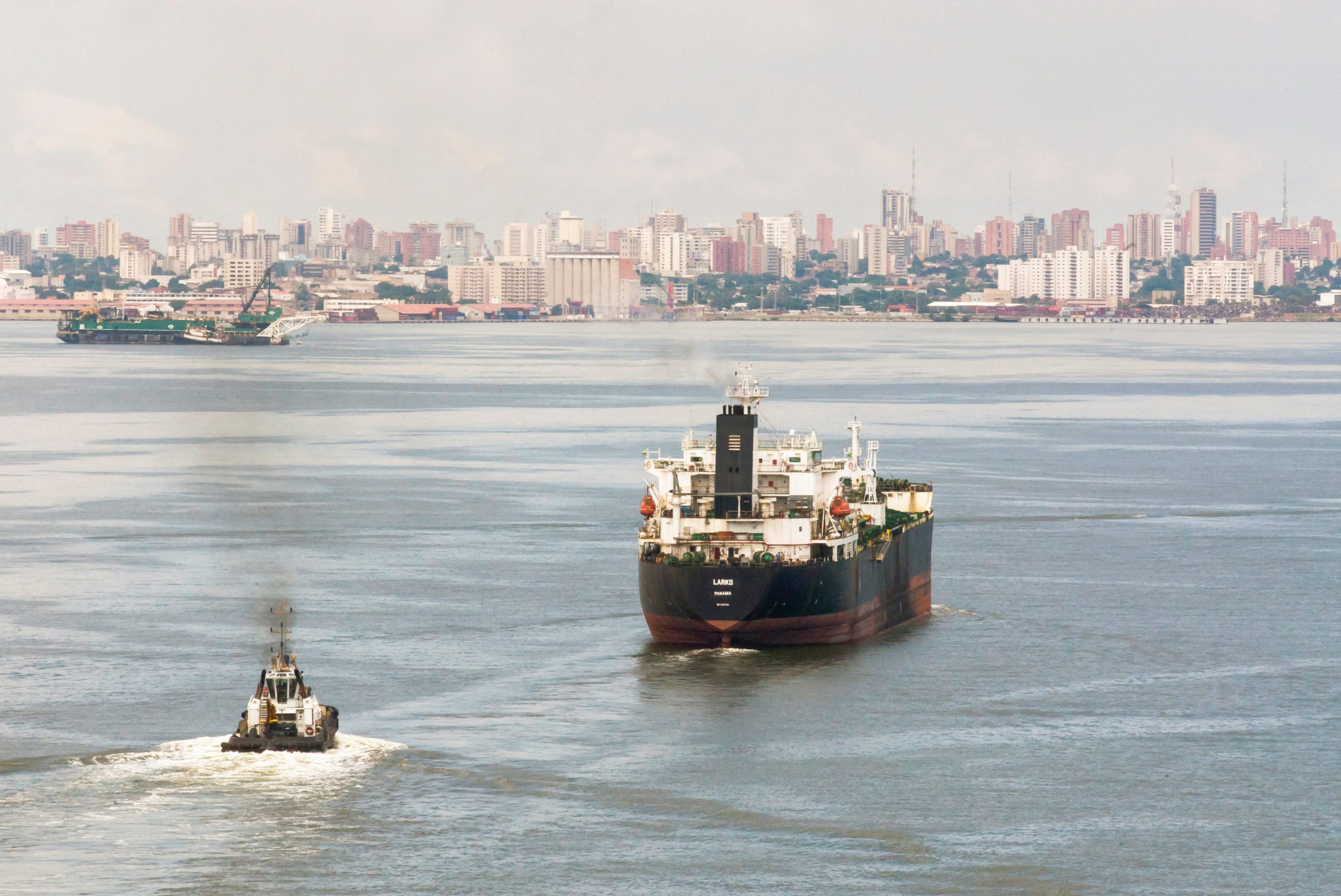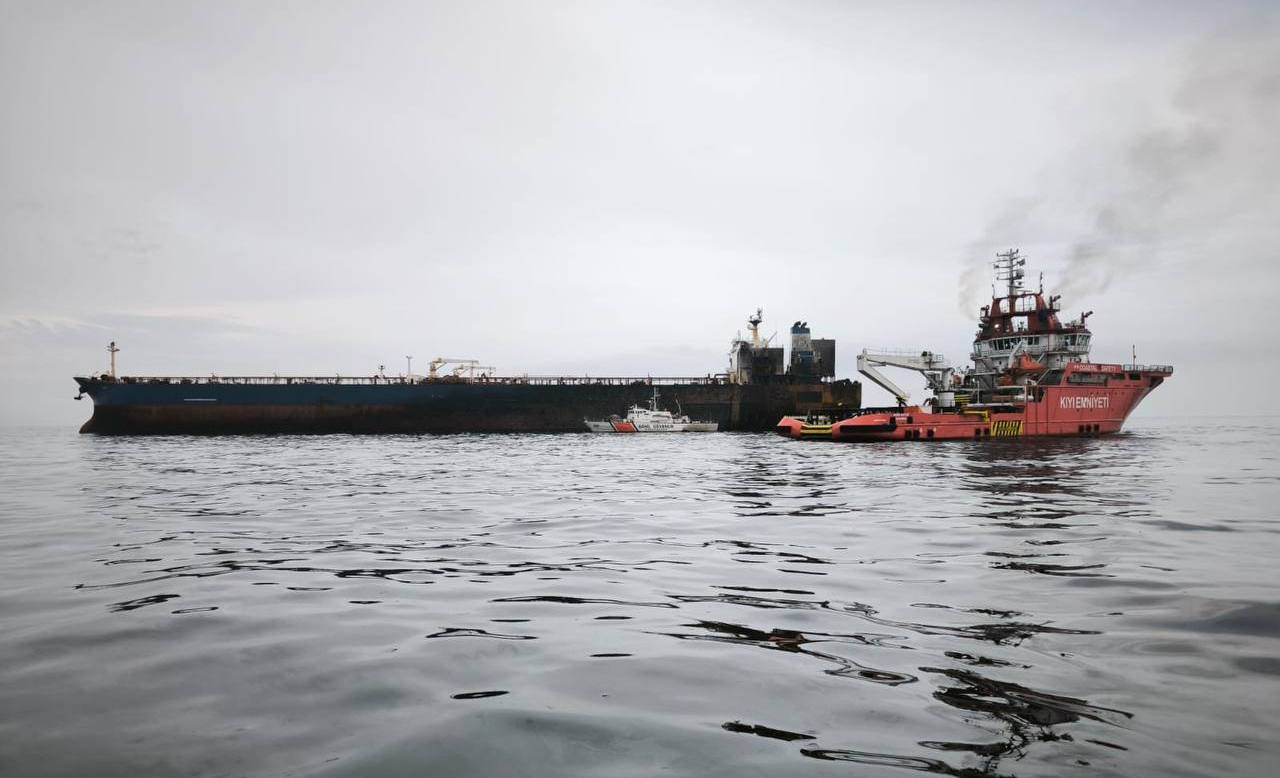Global maritime shipping is sailing into troubled waters as seaborne trade growth is forecast to slow dramatically to just 0.5 percent in 2025, according to the latest Review of Maritime Transport released by the UN Trade and Development body (UNCTAD) on Wednesday.
This marks the slowest pace of growth in years, following a modest 2.2 percent expansion in 2024, as the industry grapples with a convergence of challenges ranging from geopolitical tensions to climate pressures.
“The global environment has become more complex. Geopolitical tensions are forcing costly reroutings, tariffs are disrupting trade flows, and freight rates are high and volatile,” warned Regina Asariotis, Chief of UNCTAD’s Trade Logistics Branch during the report’s Geneva launch.
The shipping industry, which carries over 80 percent of the world’s merchandise for export and import, has become a critical barometer for global commerce health.
Among the most visible disruptions are the ongoing crises in the Red Sea and tensions near the Strait of Hormuz, which have forced vessels to take significantly longer routes. Ships that previously traversed the Red Sea in days now sail for weeks around the Cape of Good Hope. By May 2025, tonnage through the Suez Canal remained 70 percent below 2023 levels.
These rerouting efforts have pushed “ton-miles” – the distance each ton of cargo travels – to a record 6 percent increase in 2024, nearly three times faster than actual trade volume growth.
Container, bulk, and tanker freight rates have remained elevated and volatile throughout 2024 and 2025, swinging sharply amid the geopolitical tensions and supply-demand imbalances. The Shanghai Containerized Freight Index averaged 2,496 points in 2024, a staggering 149 percent increase from 2023, with July spot rates reaching $3,600 per container.
The impact falls disproportionately on vulnerable economies. “Small island developing States, least developed countries, and net food importing nations are the most vulnerable, because higher freight costs quickly translate into more expensive imports and food insecurity,” Asariotis noted.
UNCTAD Secretary-General Rebeca Grynspan emphasized the need for inclusive transitions: “The transitions ahead – to zero carbon, to digital systems, to new trade routes – must be just transitions. They must empower, not exclude. They must build resilience, not deepen vulnerability.”
The climate challenge looms large over the industry as shipping’s greenhouse gas emissions rose by five percent in 2024. Yet only eight percent of the world fleet’s tonnage is currently equipped to use alternative fuels.
The International Maritime Organization will consider a Net-Zero Framework in October 2025, which would establish a path toward net-zero emissions by 2050 through a global fuel standard and carbon pricing mechanism. UNCTAD notes that decarbonizing maritime transport will entail significant costs, including fleet renewal, port adaptation, and alternative fuel infrastructure.
Beyond trade and emissions concerns, the human element remains critical. The report highlighted that seafarer abandonment cases reached a record high in 2024, leaving crews stranded without pay or support.
The challenge extends to ports as well. Global ports struggle with congestion, longer waiting times, and pressure to modernize. UNCTAD emphasized the urgent need to invest in digital systems to cut costs and delays, while noting that many developing countries continue to lag in digitalization.
The report outlines several priority actions, including stabilizing trade policies to reduce uncertainty, investing in sustainable infrastructure, promoting digitalization while ensuring cybersecurity, accelerating fleet renewal to meet climate goals, and protecting vulnerable economies from the impacts of higher shipping costs.
“Persistent high transport costs risk hitting developing countries the hardest,” Grynspan concluded. “Maritime transport must be resilient, inclusive and sustainable if we are to weather the turbulent waters ahead.”

 Join The Club
Join The Club











